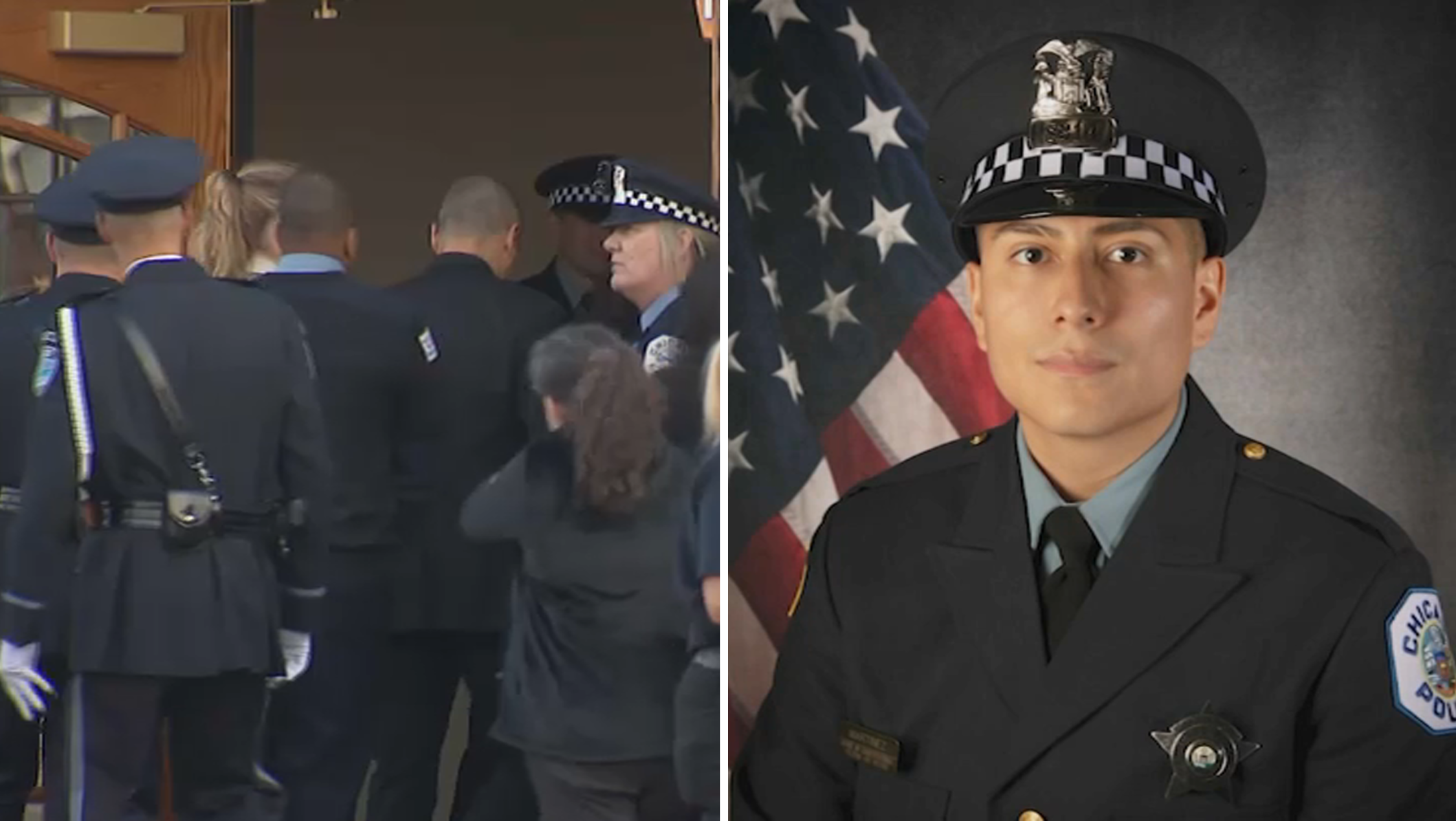As tensions rise in the Middle East after a United States airstrike killed Iranian General Qasem Soleimani, young Americans are grappling with the idea of the U.S. bringing back a military draft.
The United States has already committed to deploying more troops to the Middle East after the strike, which has caused simmering tensions in the region to escalate.
With the uncertainty surrounding events in the Middle East, conversations about the return of a military draft have increased dramatically, especially on social media, and an overflow of web traffic caused the Selective Service System’s website to crash.
In Chicago, protesters voicing opposition to the U.S. military action at a rally outside of Trump Tower in Chicago this week were asked about the possibility of the draft returning.
“There are a lot of people concerned, especially because of memes, but I’m not really concerned myself,” one young protester said. “At this point, I think we should all be draft-able, especially children of politicians, so that getting us into these messes is a lot less likely.”
In the event that the government decided it needed to authorize the Selective Service to institute a draft, legislation would have to be passed by both houses of Congress and signed by the president.
There hasn’t been an active draft in the United States since the Vietnam War. The draft was stopped in 1973, but male American citizens and legal immigrants between the ages of 18 and 25 must register for Selective Service.
Local
A Supreme Court ruling in the 1980’s stated that women are not required to register, but that ruling is currently being challenged in the court system.
Despite all the social media chatter and concern among young Americans about the draft, Alvin Tillery Jr., a professor at Northwestern University, cautions that reinstituting the draft is highly unlikely.
“Is it possible a draft could be reinstated? Yes. Is it likely? I think not,” he said. “The point of a draft is that it can focus you and make you think of the costs of your own life in these conflicts, and hopefully, that leads to greater restraint on the part of our leaders.”
It is unlikely that Americans between the ages of 18 and 25 will be prosecuted if they don’t register for Selective Service, but those individuals could be denied federal student aid, federal job training and most jobs with the federal government.



